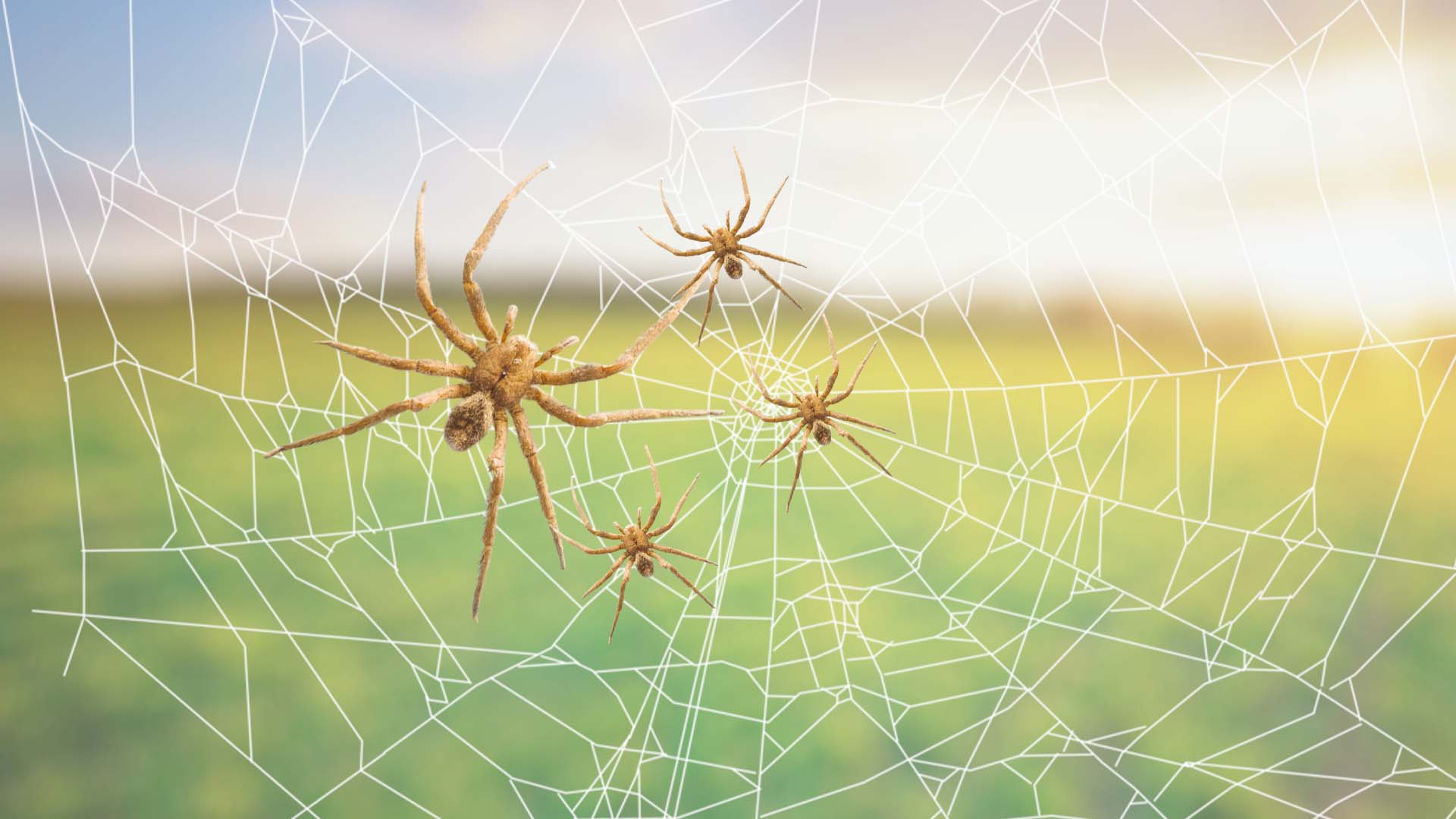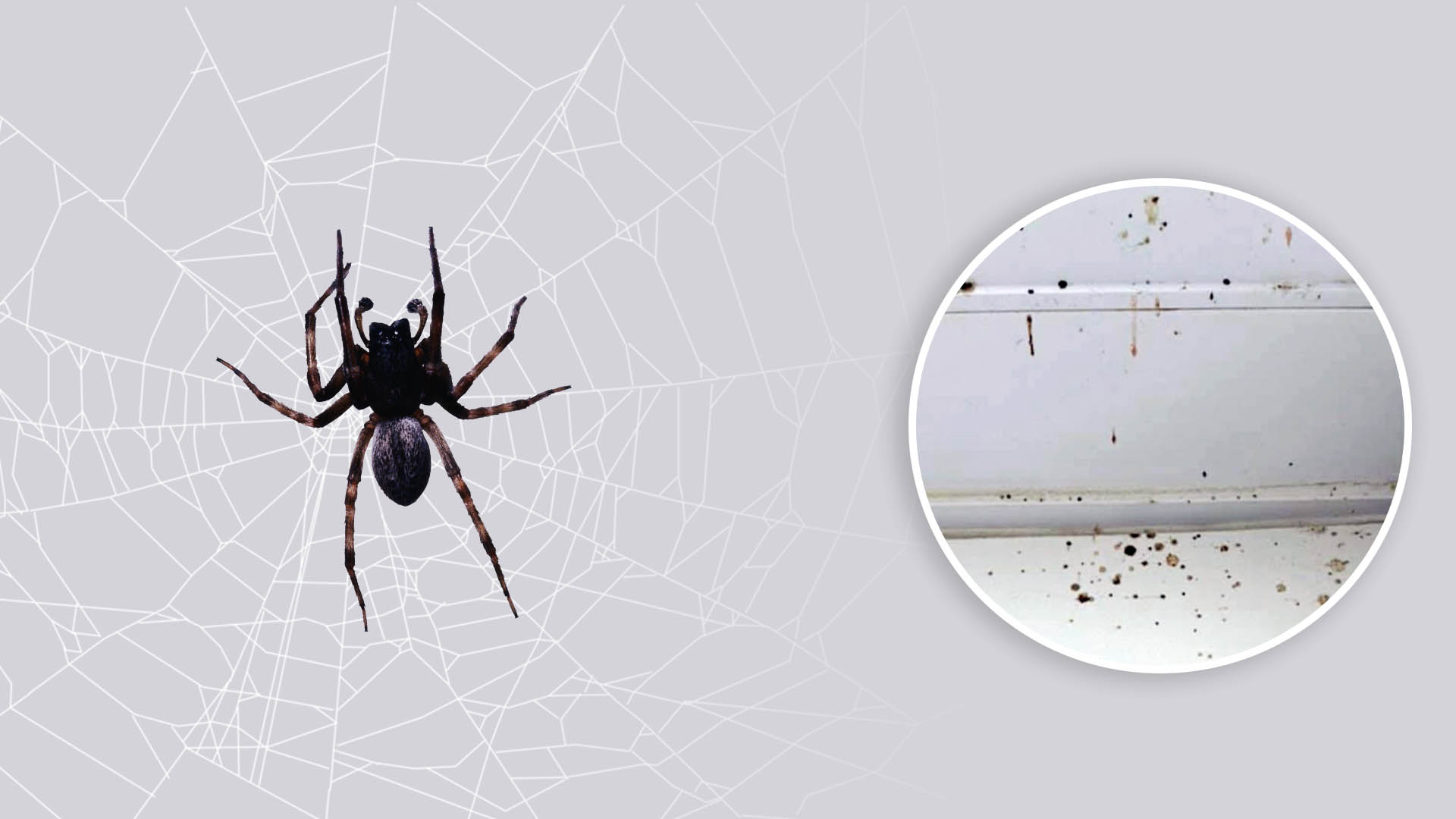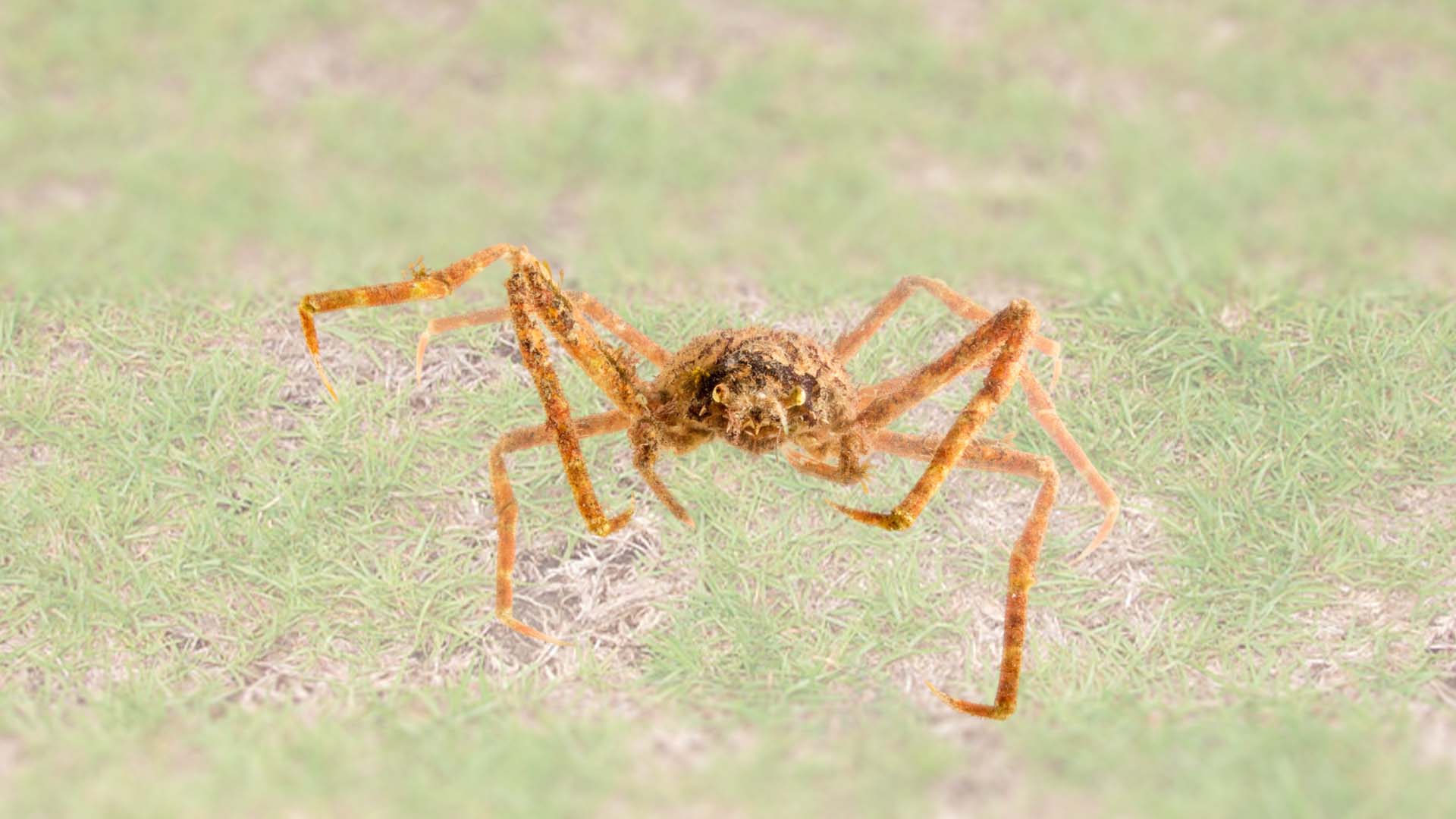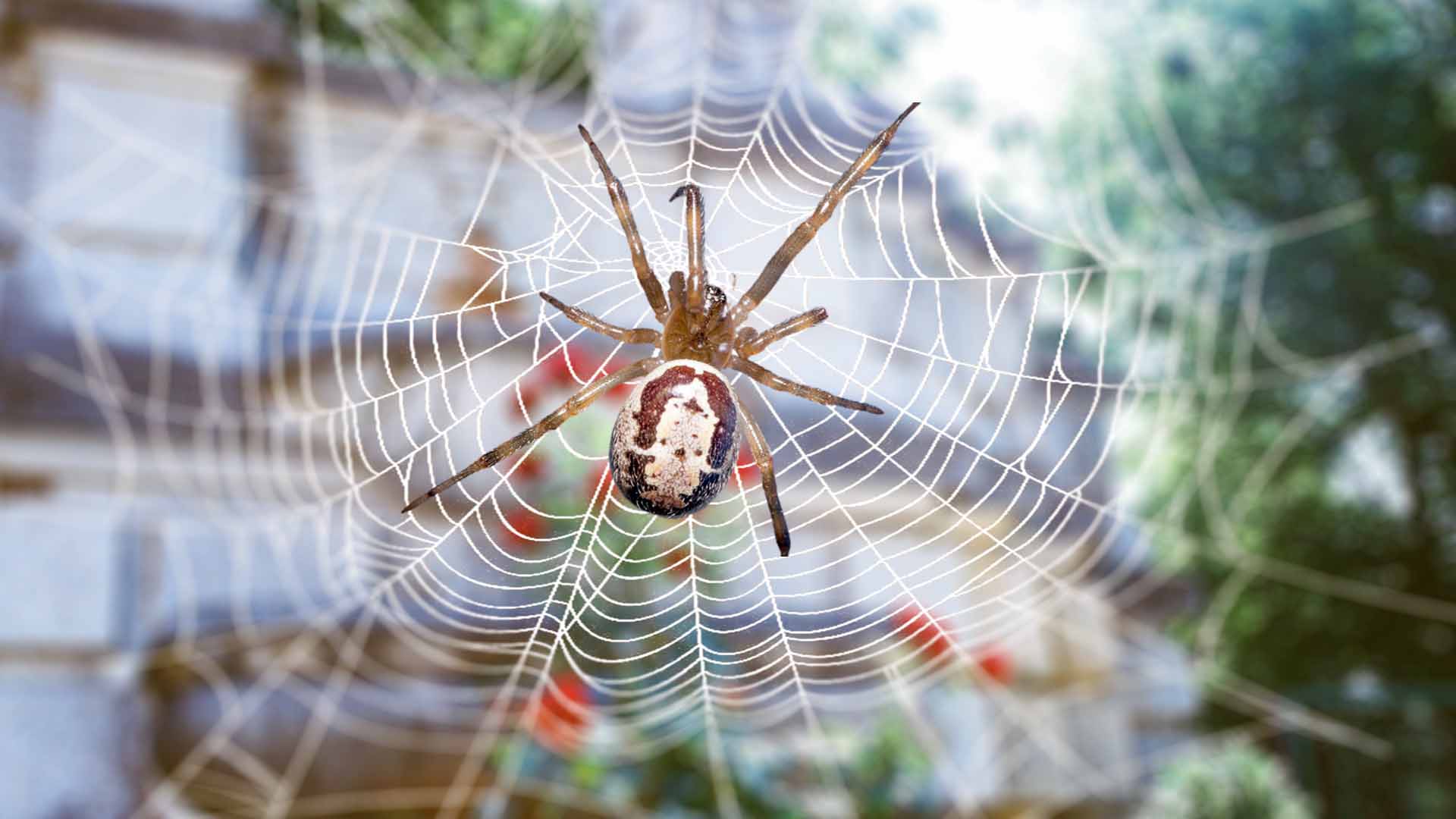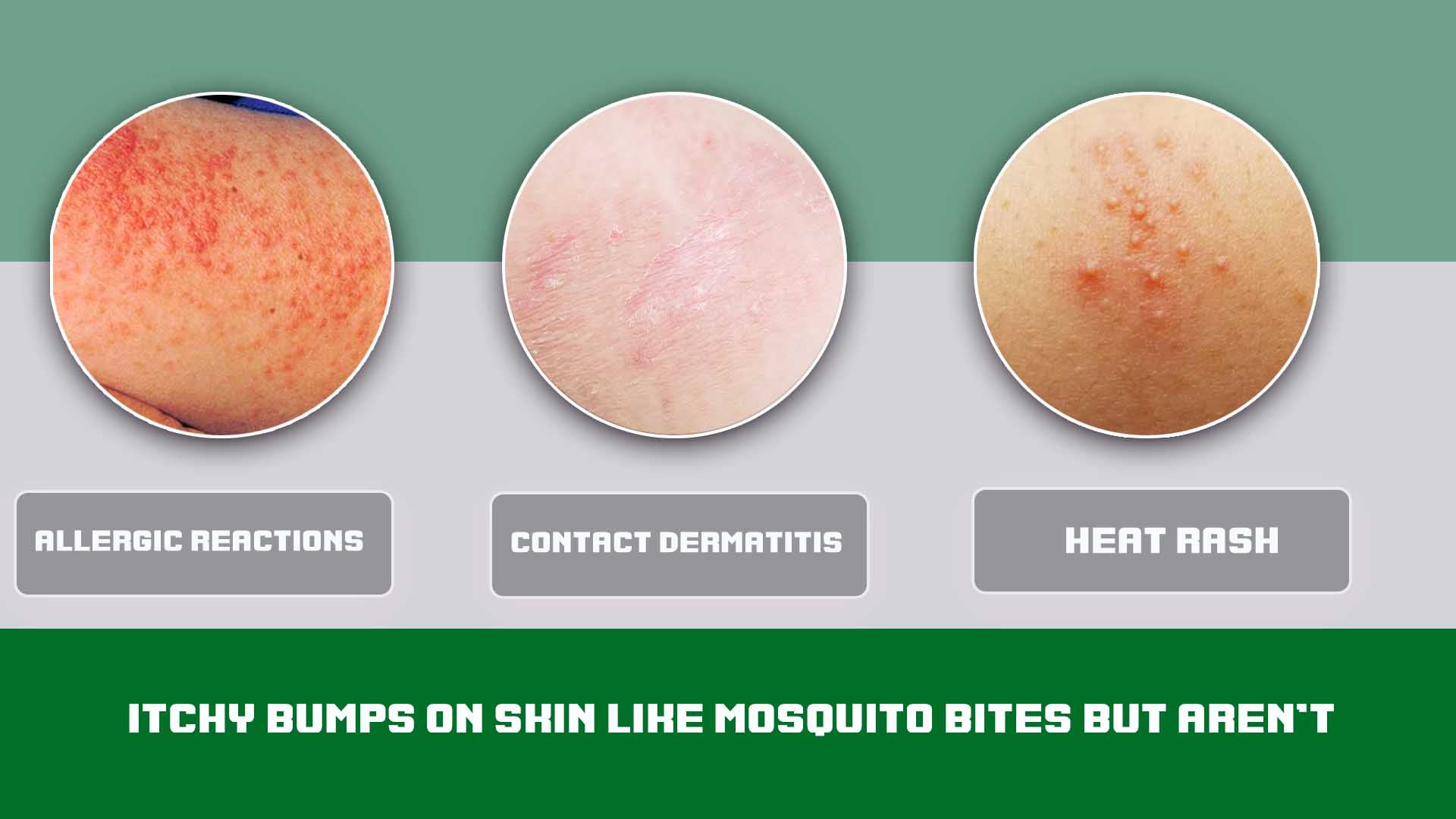Recently, I had a rather unexpected and nerve-wracking encounter with a Brazilian wandering spider. These arachnids are infamous for their potent venom and are considered one of the most venomous spiders in the world.
Today, I’ll share my personal experience and shed light on what happens if you find yourself on the receiving end of a Brazilian wandering spider bite.
The Encounter
It all started innocently enough. I was exploring a dense rainforest in Brazil, marveling at the diverse wildlife that surrounded me. Little did I know that a tiny arachnid would soon become the focus of my attention. As I reached out to grab onto a tree branch for support, I felt a sharp, sudden pain on my hand. Instinctively, I pulled back and saw a Brazilian wandering spider hastily retreating.
Immediate Effects
The pain from the bite was intense and immediate. I could feel a tingling sensation spreading from the bite site, and my hand began to swell. The venom of the Brazilian wandering spider contains a potent neurotoxin that affects the nervous system, leading to a range of symptoms.
Neurological Symptoms
Within a short span, I began to experience neurological symptoms. My vision became blurry, and I felt a sense of dizziness and confusion. The venom was taking its toll on my nervous system, causing disruptions in normal sensory and motor functions.
Excruciating Pain
The pain from the bite continued to intensify, radiating from the bite site to the surrounding areas. Brazilian wandering spider venom is known to cause severe pain, and in my case, it felt as if my entire hand was on fire. The venom acts on the nervous system, amplifying pain signals and making the experience incredibly uncomfortable.
Medical Intervention
Recognizing the severity of the situation, I sought immediate medical attention. It’s crucial to note that a Brazilian wandering spider bite can be life-threatening, especially if left untreated. Antivenom is available, and timely administration is vital to counteract the effects of the venom.
Recovery
Thanks to prompt medical intervention, I was able to recover from the Brazilian wandering spider bite. The symptoms gradually subsided, and after a period of rest and observation, I was deemed fit to resume normal activities.
Is the Brazilian wandering spider poisonous?
Yes, the Brazilian wandering spider (Phoneutria) is indeed venomous, not poisonous. The terms “venomous” and “poisonous” are often used interchangeably, but they have distinct meanings.
Venomous refers to organisms that inject venom into their prey or attackers using specialized structures such as fangs or stingers. In the case of the Brazilian wandering spider, it delivers venom through its fangs when it bites.
On the other hand, “poisonous” describes organisms that are harmful when touched or consumed. Poisonous organisms typically have toxins that are harmful if they come into contact with the skin, eyes, or if ingested.
The Brazilian wandering spider is venomous because it injects venom through its bite, not poisonous because it doesn’t pose a threat through contact or ingestion unless the venom is introduced into the bloodstream.
Brazilian Wandering Spider Venom
The venom of the Brazilian wandering spider (Phoneutria) is a potent mixture of various toxins. The primary components of the venom include neurotoxins, which affect the nervous system. The specific composition of the venom can vary among individual spiders and across different species within the Phoneutria genus.
The neurotoxins in the venom target ion channels and receptors in nerve cells, leading to the disruption of normal nerve function. This can result in a range of symptoms, including severe pain, muscle spasms, paralysis, and in extreme cases, respiratory failure.
The Brazilian wandering spider’s venom is considered to be one of the most potent among all spiders, and it has gained notoriety for causing intense pain and, in rare cases, more severe systemic effects. However, it’s essential to note that fatalities from Brazilian wandering spider bites are extremely rare, thanks in part to the availability of antivenom and prompt medical intervention.
If bitten by a Brazilian wandering spider, seeking immediate medical attention is crucial, and antivenom may be administered to counteract the effects of the venom.
Encountering a Brazilian wandering spider is not an experience I would wish upon anyone. The venomous bite can lead to a cascade of neurological symptoms and excruciating pain. If you ever find yourself bitten by one of these spiders, seeking immediate medical attention is crucial for a swift and successful recovery. Remember, in the realm of wildlife, caution and respect are your best allies.

